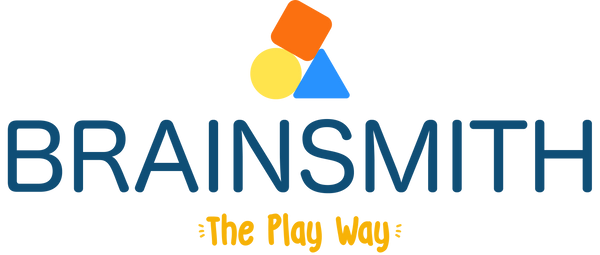Why Reading To Your Young One From Day One Is Important
Posted on June 16 2016

Children exposed to reading at their young age have a better grasp of the fundamentals of language, grasp abstract concepts, apply logic, have better concentration, longer attention span, and good memory retention. In fact, research says that children whose parents spoke to them least came out worst in language tests and at 24 months old were behind their contemporaries by six months. This disadvantage often stayed with the children and influenced their performance in
school for the next six years.
Numerous studies have demonstrated that students who are exposed to reading before preschool are more likely to do better in all aspects of formal education
compared to students who have not been exposed to reading before preschool.
In fact, The American Academy of Pediatrics is urging members to encourage
reading to newborns. The report released by the Academy authored by Dr Pamela
High recommends paediatricians advise parents to read aloud to young children
beginning in infancy, to encourage word learning, literacy and positive family
relationships.
If you are a parent, you may be grappling between reading age appropriate books
and the idea of your kids actually understanding them. The concept of
‘understanding’ is very abstract, often subjective in nature and cannot be measured.
But from research what we do know is that language is acquired gradually. Babies
can also understand the emotion behind particular words. You can see that babies
can identify certain objects around them with a word of their own or even the
correct word within their 1-year birthday.
In scientific terms, when you talk your baby’s brain responds by producing
dendrite extensions from the neuronal cells. (Dendrites are branched projections of
the neuron that passes information to the brain). The baby may respond by moving
his/her hands, legs, or eye movements. Even when your baby is asleep, she/he is
still receptive to language.
According to William Staso’s book, Neural Foundations, What Stimulations Your
Baby Needs To Become Smart, “Infants should be spoken to as if they understood
every word you were saying. In the beginning months, your baby will not
understand the words you say-- but there is much about your intonation patterns
and the word sounds that you make that is important. Good foundations of
language begin shortly after birth.
- Even if the reading material is very colorful and engaging, don’t expect your baby to concentrate on the book or reading material for longer than 90 seconds.
- It’s important that parents also enjoy the reading material. Remember if you feel annoyed or uninterested, you baby will also pick up on those emotions. So we recommend that you start by picking reading material that you feel passionate about and then graduate over to other reading material as your child grows older.
